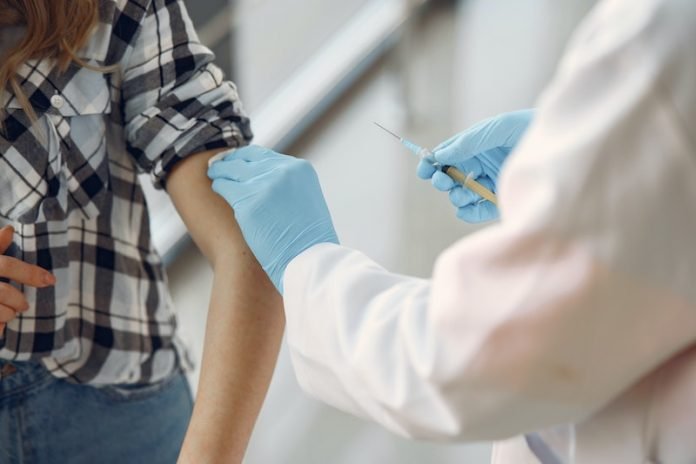
According to the World Health Organisation, tuberculosis (TB) is one of the top 10 causes of death worldwide, and the leading cause of a single infectious agent.
The only currently licensed vaccine, BCG, is not effective in adults.
In a recent study from Australia, Bangladesh and France, researchers tested a potential vaccine for TB, BCG::RD1, and they found it highly protective when administered directly into the lungs of older diabetic mice, which were then exposed to TB.
These findings are especially important because type 2 diabetes is not just a big risk factor for TB, it’s a risk factor that becomes more widespread every year in our aging population.
The study is published in PNAS. One author is Dr. Andreas Kupz.
In the study, the BCG::RD1 was proved highly protective when administered to older, diabetic mice, acting not only on T cells but also on the other immune cell subsets, to mount a robust response against the TB-causing bacteria.
The team observed a remarkable level of protection against TB, with a significant increase in immune responses in the lungs of the diabetics.
They also gained insight into how type 2 diabetes increases the risk of TB.
The team says it appears that type 2 diabetes negatively impacts on how the immune system senses tuberculosis-causing bacteria in the lung and that vaccination with BCG::RD1 can overcome this defect.
This makes BCG::RD1 a promising candidate for further investigation with a view to using as a vaccine for older people and those with type 2 diabetes.
In future studies the team aims to further investigate the specific immune pathways that are activated by vaccination with BCG::RD1.
Multidrug-resistant TB remains a public health crisis and makes work on new vaccines particularly important.
Copyright © 2020 Knowridge Science Report. All rights reserved.



